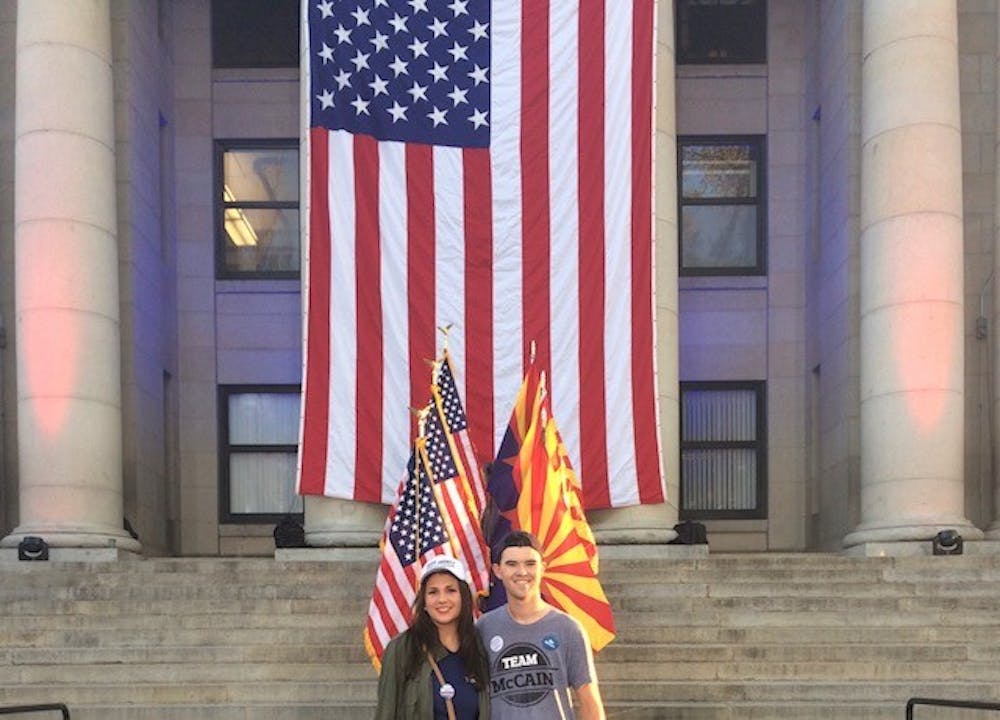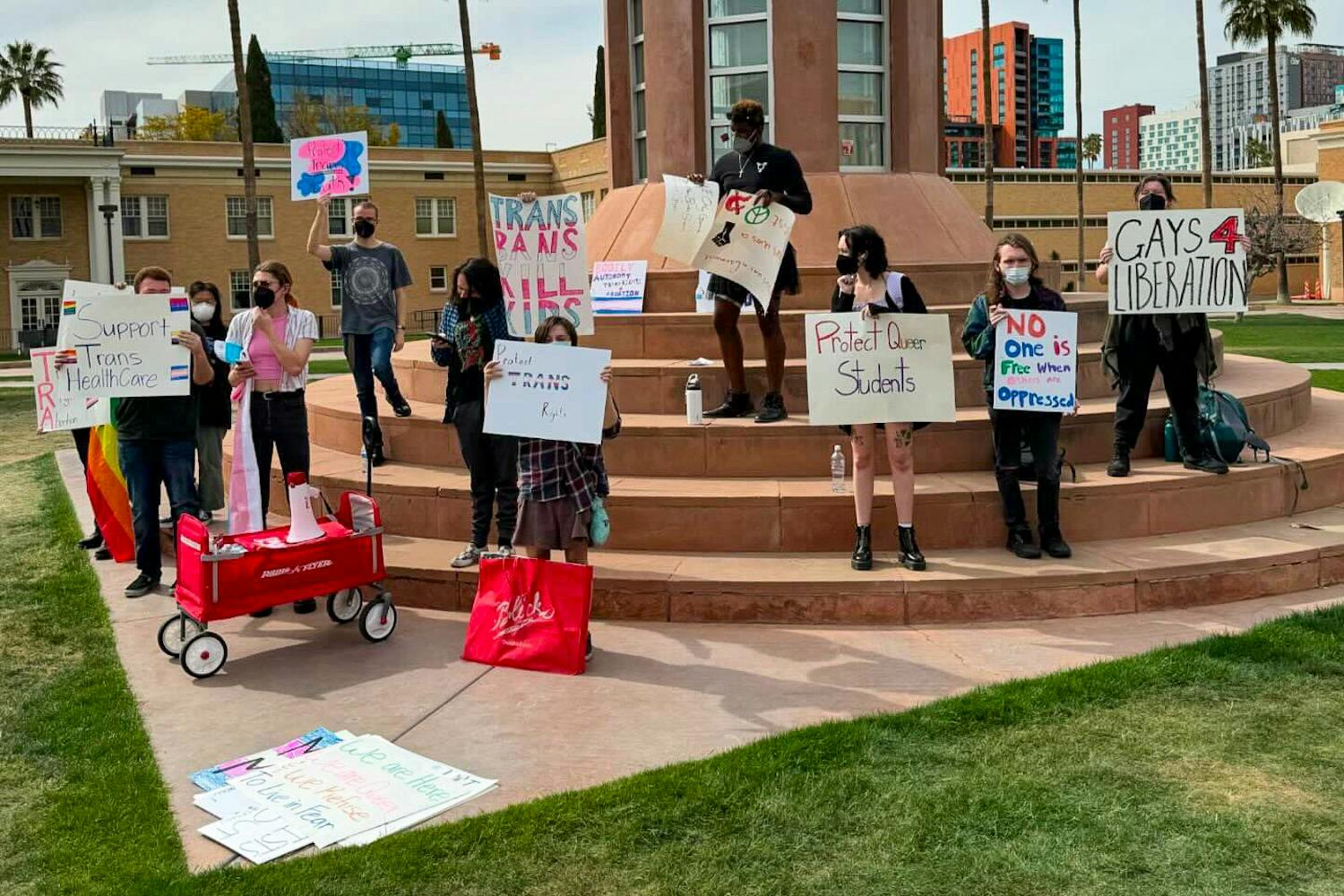It is important for students, especially those pursuing a career in politics, to become politically active in order to ensure their voices are heard.
However, when thinking about ways to become engaged in government, most students are immediately drawn to work on a large-scale campaign in a federal election. Many fail to realize that local and state politics can impact them just as much, if not more, than national policy.
With that in mind, working on a small-scale campaign is an excellent way to develop professional skills. Smaller campaigns create opportunities for workers to connect with the candidate and develop professional relationships with community leaders.
Volunteers for small campaigns can utilize the candidate as a mentor or future reference. This can mark huge milestones in students' careers.
“Candidates are desperate for help and volunteers. With a few bodies and a couple people with insight, they can run a campaign to get elected,” former Arizona Sen. Jon Kyl said. “Now, if you’re running for U.S. Congress, that’s a whole different deal, and you’ll need to have more experience in that ... but when running for the State Legislature, or to the City Council, a few good people can get the job done."
"You can have a very significant impact, early on."
When employed at a larger campaign, students may feel insignificant among the hundreds, or even thousands, of other workers. They may not even have a chance to meet the candidate.
Big campaigns, like senate or presidential races, can be overwhelming and impersonal. They may offer little opportunity for hands-on experience — something that is exceptionally important when building a resume.
Bottom-tier workers in widespread political movements typically find themselves completing tedious tasks, such as phone-banking, canvassing door-to-door with other interns and promoting the candidate on social media.
Although these duties are vital to the success of any campaign, students are able to get more out of a smaller race where they are given more responsibility.
Small local and state campaigns allow the worker more opportunity to engage in civic reflection and network with community leaders who may be of value in the future.
"There is simply no better way to meet your neighbors because a municipal race demands that you walk door-to-door, make phone calls, attend meet and greets and many public events," local campaign advisor Bobby McNeily said.
Working closely with a candidate also allows the employee to become more familiar with the individual’s platform and gain knowledge on issues pertaining specifically to the region in which they live.
Door-to-door canvassing, in particular, is very rewarding in that you can get a better grasp on the candidate's platform by observing their interaction with constituents
"Since local races do not necessarily receive the same press coverage as national races do, it becomes critical to articulate your message and address the concerns of your fellow citizens and constituents," McNeily said. "As a result, the experience made me a much better listener."
In addition to canvassing, volunteers engage in more personal activities such as event planning and meetings with other local officials.
Campaign work is incredibly valuable to any college student looking to refine their interpersonal skills. This type of work provides more opportunity to hone skills relating to public speaking, organizing and networking.
While larger campaigns are still an excellent way for aspiring political leaders to gain experience, they may find small-scale campaigns more beneficial to personal development and relationship building.
Reach the columnist at amsnyde6@asu.edu or follow @AnnieSnyder718 on Twitter.
Editor’s note: The opinions presented in this column are the author’s and do not imply any endorsement from The State Press or its editors.
Want to join the conversation? Send an email to opiniondesk.statepress@gmail.com. Keep letters under 500 words and be sure to include your university affiliation. Anonymity will not be granted.
Like The State Press on Facebook and follow @statepress on Twitter.




